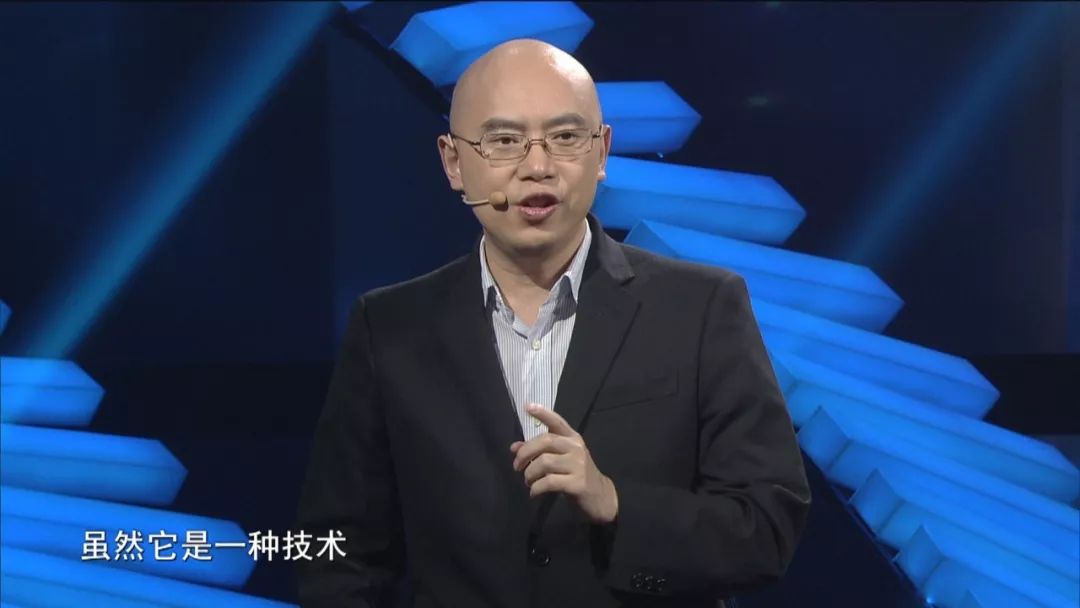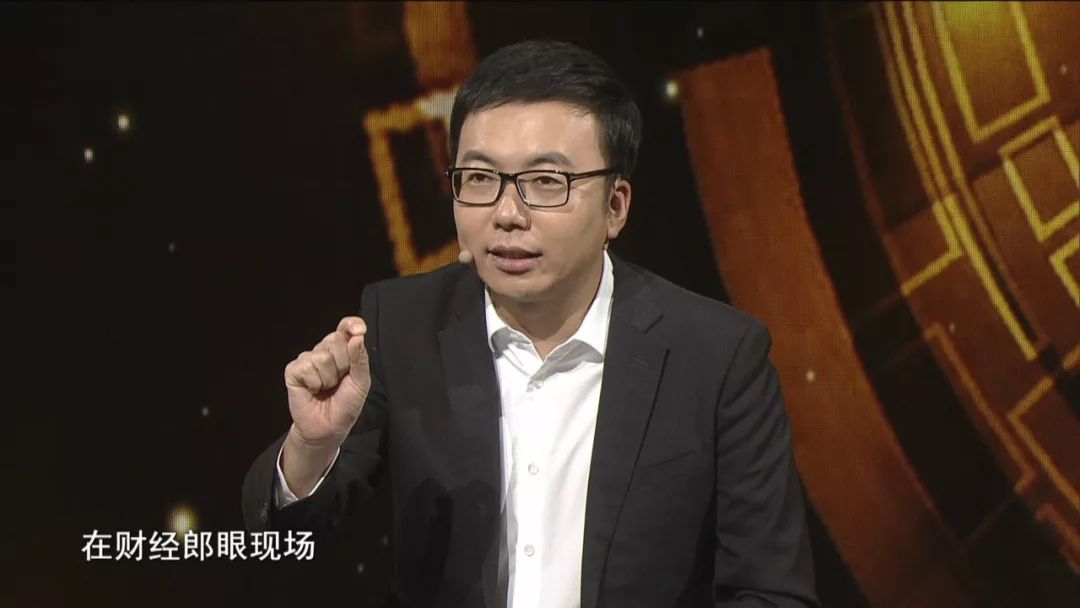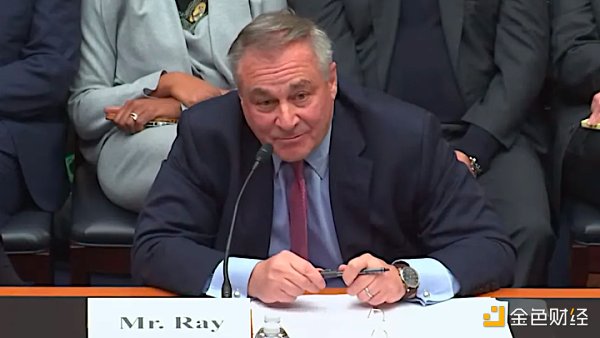Dialogue Lang Xianping: Why did the People's Bank of China propose fiat digital currencies at this time?

Wang Mudi: Life is economical everywhere, and Lang's eyes seem unusual. Professor Lang, Huang Sheng, why did the central bank propose fiat digital currency at this time?
Lang Xianping: Let me talk about blockchain first. Blockchain itself is a technology. Technology is neutral, it does not have the so-called right and wrong issues. Therefore, it is right to develop the blockchain and do more research because it is a technical task. But the problem is that many virtual currencies swindle under the banner of blockchain. The virtual currency that really uses blockchain technology is probably only Bitcoin, while most other virtual currencies are under the banner of blockchain.
Wang Mudi: Hanging sheep's head to sell dog meat.
Lang Xianping: Yes, I was hyping over there. Researching the blockchain itself is a science, although it has many problems, such as low efficiency and high cost. But the blockchain needs to be researched, so it is necessary for us to promote research at this moment.
- 2019Q3 Blockchain Mining Research Report: Low-power mining machines will gradually establish advantages and the mining industry enters a new era
- Public chain Algorand “opens” with few market communities
- Featured | Consensys: Decentralized Brands Are Key to Mass Adoption
Why study digital currency now? Let me give you an example. China has always been ahead of the world in terms of payment systems, so we first introduced digital currencies as an indicator. But don't have any doubts about the digital currency of the central bank, because it is completely different from the virtual currency. First, the central bank's digital currency has government credit endorsements, while virtual currencies do not. Second, central bank digital currencies are “centralized”. Bitcoin is "decentralized", so these two differences are doomed to be different.
How to understand, for example, today we buy things in RMB cash, 100 yuan a piece, this is a banknote. In the future, I will take out my mobile phone, there is an App in it, 100 pieces are installed, and I can pay with each other, which is very convenient. And digital currency itself has an encrypted password, so it is easy to track. As long as you don't commit crimes, this money will not be lost. If you launder money, you can track it. Therefore, the study of digital currency by the central bank is an improvement for the entire financial management, which is an advanced system.

Huang Sheng: Yes, the national digital currency launched by the central bank is also called DCEP (digital currency and electronic payment instruments). First, the digital currency of the central bank has been studied for almost 6 years, that is, China's technology has been perfected and matured. At this time, it will come to fruition. Second, the national digital currency DCEP is conducive to the internationalization of the RMB. Third, now that the United States Facebook has launched Libra, it may be the first to become an international currency, which will have an impact on the sovereign currencies of various countries around the world.
Lang Xianping: And Libra coin is endorsed, completely different from Bitcoin.
Huang Sheng: Libra is an endorsement of a basket of currency reserves. Therefore, at this time in China, we also have to work overtime and be the first to launch our own digital currency.
Wang Mudi: This is also a national strategy.

Huang Sheng: There is a fourth reason. Money laundering is mainly through cash. At this time, cash is actually "decentralized". Once cash is traded, it is impossible to track where the cash is traded. The national digital currency DCEP is equivalent to M0 (cash in circulation), which is a cash-based digital currency. At this time, there is a center with a tracking function, which is very helpful for anti-money laundering and preventing tax evasion.
Lang Xianping: Actually, we are not the first to be a national digital currency. Many countries do digital currency, but there are cases of failure. For example, Uruguay, Ecuador. The reason why their digital currency failed is simple-the circulation is too small.

Wang Mudi: I have three questions. First, what is the relationship between central bank digital currency and blockchain? Second, what is the difference between a central bank's digital currency and an ordinary digital currency? Third, what is the difference between the central bank's digital currency and Libra (Facebook cryptocurrency)?
Huang Sheng: The digital currency of the central bank borrows and uses part of the blockchain technology. For example, the blockchain is also distributed.
Lang Xianping: But the central bank's digital currency did not say anything.
Huang Sheng: Didn't say death, it just uses part of the reference, such as encryption technology.
Wang Mudi: It does not use a distributed ledger.
Huang Sheng: No distribution. Moreover, as long as the efficiency of liquidity can be improved, the central bank's digital currency does not rule out any technology.

Lang Xianping: Blockchain can provide encryption, but it cannot provide high efficiency.
Huang Sheng: And the "decentralization" of the blockchain, the central bank digital currency is not.
Lang Xianping: The result of "decentralization" is very inefficient and the cost is very high.
Huang Sheng: Yes, the blockchain technology is very advanced, but it is actually very slow. For example, you use Bitcoin to settle in 1 second, which is the highest speed. Libracoin now uses the blockchain and may only have 1,000 transactions per second. For a large country, the transaction data of 1,000 transactions per second is far from keeping up with economic needs.
Lang Xianping: It takes you two hours to buy a cup of coffee.

Huang Sheng: Blockchain is a technology, not a product. The digital currency of the central bank is equivalent to the legal currency of the Chinese government, which is the digitalization of cash. Other virtual currencies do not have the endorsement of the national government's credit. In fact, they are a kind of "air-to-air" production. Not only do they have no wealth, they also consume this social wealth. It can be said that the vast majority of virtual currencies are scams.
What is the difference between China's central bank digital currency and Libra? Libra's endorsement is a "package of foreign exchange currency reserves", including the US dollar, the Swiss franc, and so on. China's central bank digital currency is RMB 1: 1 for exchange. Libra also has a center, and this center is Facebook. The center of China's central bank digital currency is the central bank.
Lang Xianping: Yes, but Facebook may go bankrupt. Libra coin is a corporate action in itself. There is no problem if there is no problem with Facebook, but the probability of a problem with Facebook is greater than 0.
Huang Sheng: There is also a problem with Facebook, its information is easy to be leaked. However, the central bank's digital currency is guaranteed by the central bank and national laws.
We will continue to update Blocking; if you have any questions or suggestions, please contact us!
Was this article helpful?
93 out of 132 found this helpful
Related articles
- I'm working on the blockchain this month, and witnessed from the air vent to the "muzzle"
- BitTorrent founder refutes "Vitalik reviews 16 issues in the crypto industry"
- Getting Started | From the three cases of Bitcoin, EOS, and MakerDao, what is a smart contract?
- Comment: Developing an alliance chain does not mean giving up the public chain
- Chinese Computer Society Report: Research Progress on Key Technologies of Blockchain
- Babbitt Original | Microsoft, Baidu successively layout, is DID an inevitable choice for the digital process?
- Yao Qian: What is the difference between the new financial market infrastructure based on blockchain and traditional FMI?






